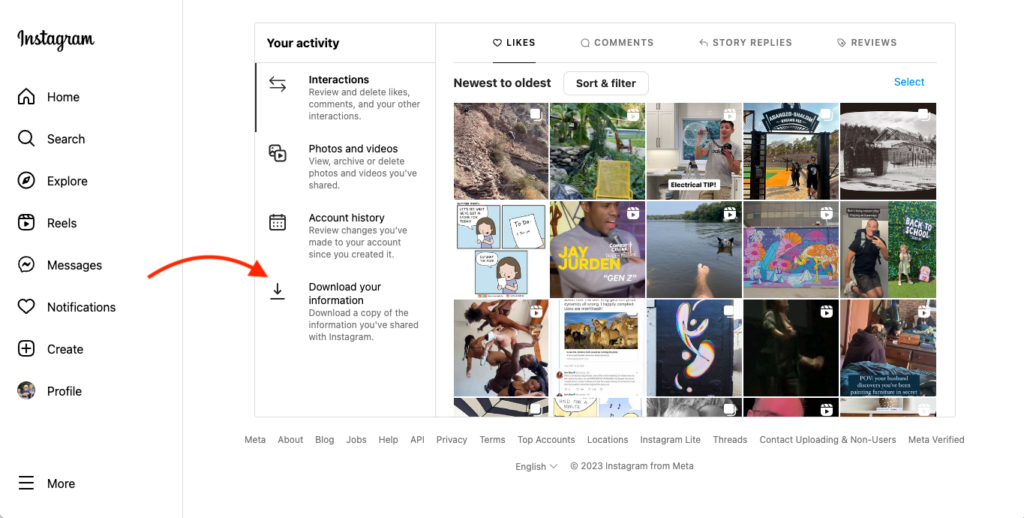Now Reading: The Truth About Fake Motivational Content
-
01
The Truth About Fake Motivational Content
The Truth About Fake Motivational Content

Motivational quotes, videos, and posts flood social media every day, promising instant success, happiness, or wealth. At first glance, they seem inspiring, but in reality, much of this content is superficial or misleading. In Tier 2 cities, where social media influence is growing rapidly, many people consume this content without questioning its authenticity, often expecting quick results without effort.
One problem with fake motivational content is that it oversimplifies success. Real growth requires consistent work, learning from failures, and patience. Messages that promise overnight transformation can create unrealistic expectations, leading to disappointment and frustration.
Another concern is emotional manipulation. Many posts are designed to trigger feelings of guilt, fear, or inadequacy, pushing people to buy courses, follow accounts, or engage with content repeatedly. This can exploit vulnerabilities rather than genuinely motivate.
Social media algorithms also amplify these messages, showing users content that keeps them engaged rather than informed. In smaller cities, where access to verified mentors or career guidance may be limited, this can shape perceptions about success and personal growth in misleading ways.
The key is critical thinking. Motivation should come from actionable guidance, realistic goals, and self-awareness, not catchy slogans or viral videos. Understanding the difference between genuine inspiration and fake content helps individuals focus on meaningful growth rather than chasing illusions.
Ultimately, while motivational content can be uplifting, blindly following every trend can do more harm than good. True progress comes from consistent effort, learning, and applying knowledge in real life.
























